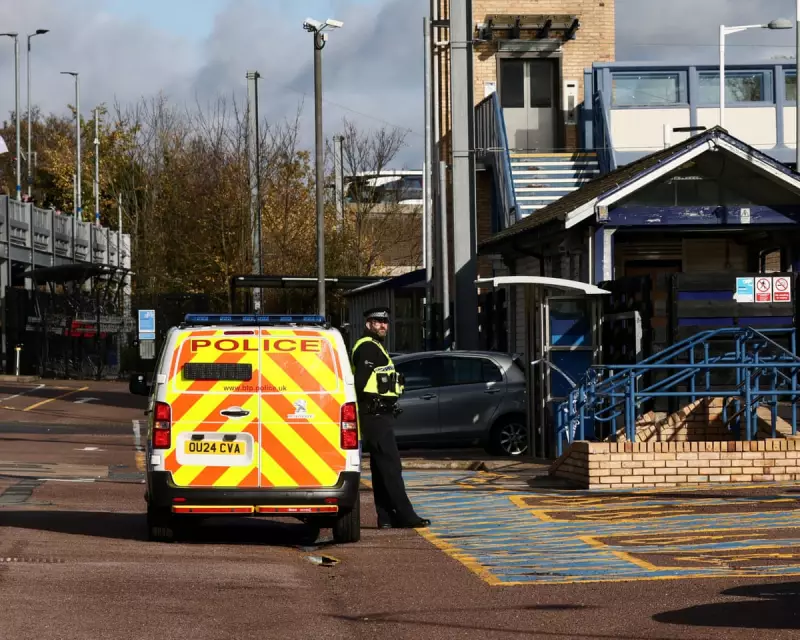
In a significant shift in policy, UK police forces will now routinely disclose the ethnicity of suspects in major incidents to combat the spread of dangerous misinformation and far-right speculation online.
The move comes after senior officers expressed growing concern about how quickly unsubstantiated rumours about suspects' backgrounds can spread across social media platforms following high-profile crimes.
Addressing the Misinformation Crisis
New national guidance issued to police forces acknowledges that remaining silent on suspects' ethnicity has become counterproductive. When official information is withheld, conspiracy theories and false narratives often fill the vacuum, potentially inflaming community tensions and undermining public trust.
This represents a fundamental change in approach for British policing, which has traditionally been cautious about releasing such details unless directly relevant to a manhunt.
Why the Change Now?
The decision follows several high-profile incidents where online speculation spiralled out of control:
- False claims about suspects' backgrounds circulating within minutes of incidents
- Far-right groups exploiting information gaps to push divisive narratives
- Community relations being damaged by unchecked rumours
- Victims' families facing additional distress from online conspiracy theories
Police leaders have concluded that transparency is now the better option when dealing with significant public interest cases where speculation is inevitable.
Balancing Transparency and Privacy
The new guidance doesn't mean every suspect's ethnicity will be automatically published. Officers must still consider:
- Whether disclosure is necessary to prevent misinformation
- The potential impact on ongoing investigations
- Privacy considerations and data protection laws
- Risks to community cohesion
However, the default position has shifted toward proactive disclosure when police anticipate significant public speculation about a suspect's background.
A New Era for Police Communications
This policy change reflects the challenging landscape police communicators now navigate. In the age of social media, information – whether accurate or not – spreads at unprecedented speed.
The priority is maintaining public confidence while ensuring communities aren't divided by malicious falsehoods. By providing factual information promptly, police hope to starve conspiracy theories of the oxygen they need to thrive.
This represents another step in the evolution of police-media relations, adapting traditional practices to meet the challenges of the digital age.





